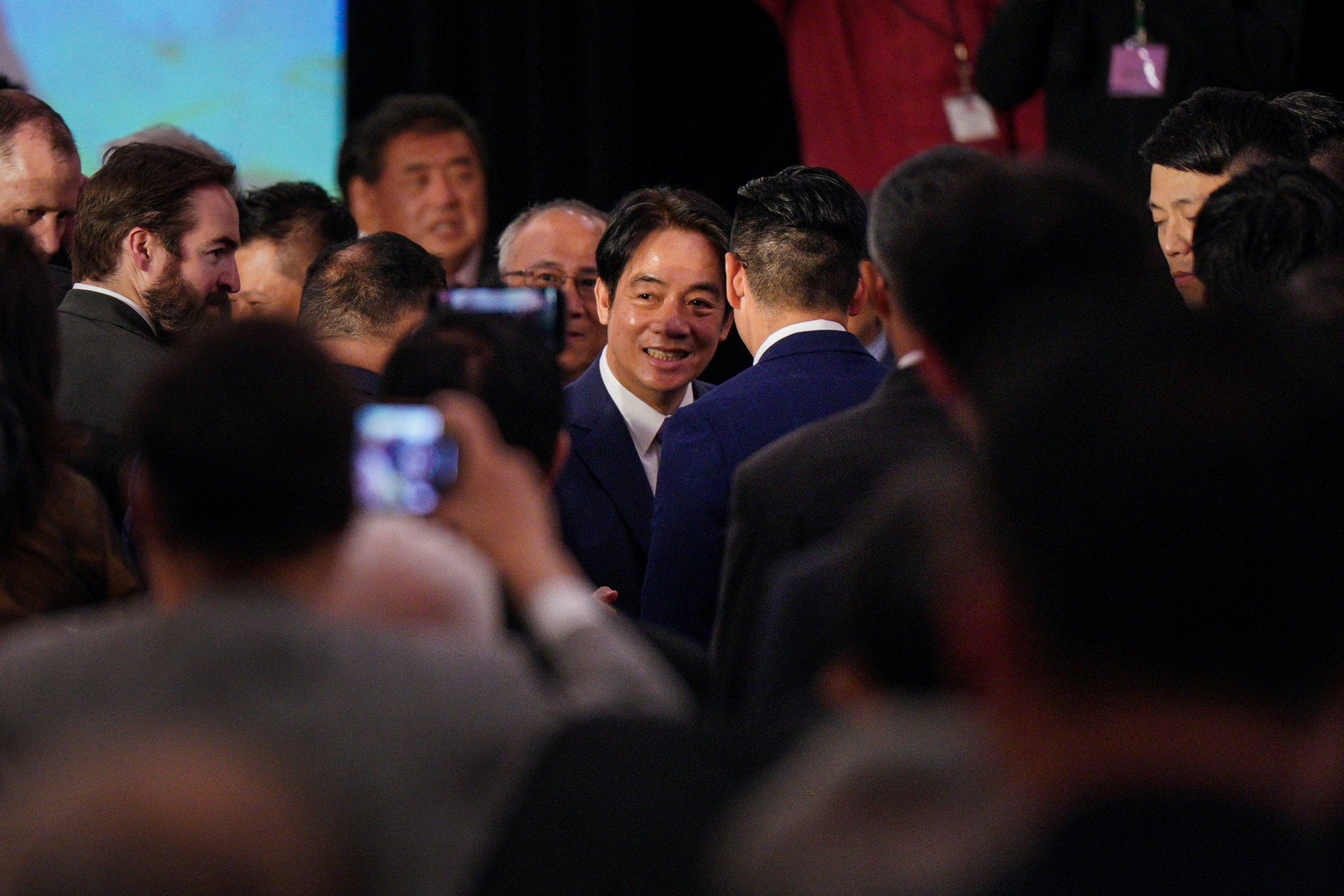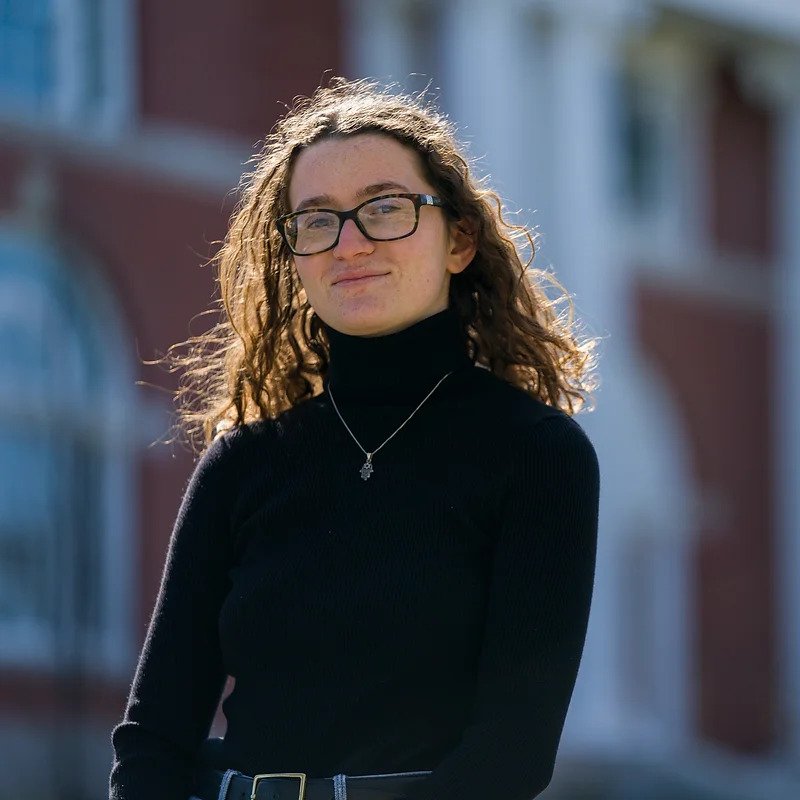No surprises during William Lai’s low-key transit through the U.S.
During stops through the United States this week, Taiwan’s vice president and current front-runner for the island’s upcoming presidential election sought to portray himself as a pragmatic successor to Tsai Ing-wen.

Presidential front-runner and Taiwanese Vice President Lai Ching-te (賴清德 Lài Qīngdé) returned to Taiwan today after transit stops through the United States on his way to Paraguay. Despite Lai’s association with the “deep green” faction of the Democratic Progressive Party (DPP) — which represents more radical, pro-independence views — Lai presented himself as a pragmatic successor to President Tsai Ing-wen (蔡英文 Cài Yīngwén), emphasizing resilience, peace, and cross-strait cooperation.
“It was very clear that William Lai portrayed himself as continuing the path of Tsai in promoting peace, democracy, and stability in the Pacific,” said Roger Huang, a senior lecturer at MacQuarie University’s Department of Security Studies and Criminology.
The current Taiwanese vice president spent just two days in the U.S., acting as a special envoy for Tsai rather than as a candidate fundraising or campaigning for support. At a banquet in New York, Lai reiterated his willingness to engage with China and seek peace and stability in the strait, telling attendees not to fear increased threats from authoritarianism. After attending President Santiago Peña’s inauguration ceremony in Paraguay, one of just 13 countries with which Taiwan still shares diplomatic ties, he transited through San Francisco on his way back to Taiwan, where he met with American Institute in Taiwan (AIT) chair Laura Rosenberger and attended an event with Taiwanese Americans.
No high-level U.S. officials attended the events in New York or San Francisco. The “low-key” nature of the trip was intentional at a time of heightened tensions, says Chen Fang-yu, a political scientist at Soochow University in Taipei.
“It is the U.S.’s responsibility to lower the possibility of conflict,” Chen said. “In the last few months, the U.S. are trying to talk with China and arrange for talks. They don’t want to give China any excuse for destroying this kind of balance.”
The transit was closely watched internationally, as the visit comes a year after Nancy Pelosi’s visit to Taiwan last August. Beijing launched large-scale military exercises against Taiwan in response, and again earlier this year following Tsai Ing-wen’s meeting with House Speaker Kevin McCarthy in Los Angeles.
China’s Ministry of Foreign Affairs predictably condemned Lai’s stops in New York and San Francisco, calling Lai a “separatist” and a “troublemaker through and through.” But retaliatory actions have been minimal so far, though Taiwanese officials have said China could launch further military drills next week. China announced military exercises that took place in the East China Sea, about 500 kilometers (310 miles) from Taiwan, during Lai’s trip. PLA aircraft entered Taiwan’s Air Defense Identification Zone (ADIZ) and crossed the strait median line this week, but this type of activity has become a regular occurrence in recent years.
The P.R.C.’s response this time likely reflects its caution as Taiwan’s 2024 presidential election nears.
“Because of the general election, if China responds too strong, that will be beneficial to the DPP,” Chen said. “People in Taiwan will mention the China factor again and again. So China is trying not to stimulate this kind of anti-China sentiment.”
Lai Ching-te has been leading in Taiwanese opinion polls as the presidential front-runner, with 35% of voters preferring the DPP candidate, according to a July MyFormosa poll. The opposition candidate, the Kuomintang’s Hou You-ih (侯友宜 Hóu Yǒuyí), has trailed behind Ko Wen-je (柯文哲 Kē Wénzhé), a third-party candidate from the Taiwan People’s Party whose charisma and “beyond blue-green” message have helped him gain steam early in the election season.
Lai has characterized the election as a choice between autocracy and democracy, while Hou has called it a choice between war and peace.
In July, the Financial Times reported doubts about Lai’s approach to China among U.S. officials after Lai said at a campaign event that “when Taiwan’s president can enter the White House, the political goal that we’re pursuing will have been achieved.” The Financial Times had published a similar article about Tsai the first time she ran for president in 2011, citing concerns from U.S. officials that a Tsai victory could raise tensions in the strait.
Lai has been labeled the “golden grandson of Taiwan independence” by domestic media, but he has rejected that label. Despite his self-professed title as a “pragmatic worker for Taiwan independence” in the past, Huang says Lai’s position remains closely aligned with Tsai and the DPP’s platform, which maintains that Taiwan is already a de facto independent state separate from the People’s Republic of China. In an interview with Bloomberg this week, Lai said he had no framework for formal Taiwan independence.
“If you look at these three contenders, then clearly Lai will be someone the U.S. is more aware of and had more interactions with,” Huang said. “He also informally met Kamala Harris in Honduras last year when he was there for the presidential inauguration. There’s at least that prior knowledge and some sort of interaction as opposed to the other candidates.”
Visits to the U.S. are commonplace for Taiwanese presidential candidates as they seek to win favor from both American officials and Taiwanese-American communities. Lai was the second candidate to visit the U.S. so far, after TPP candidate Ko Wen-je spent three weeks there in April, when he met with think tanks and media.






